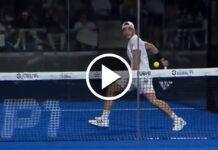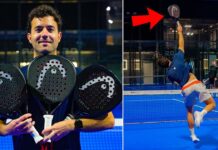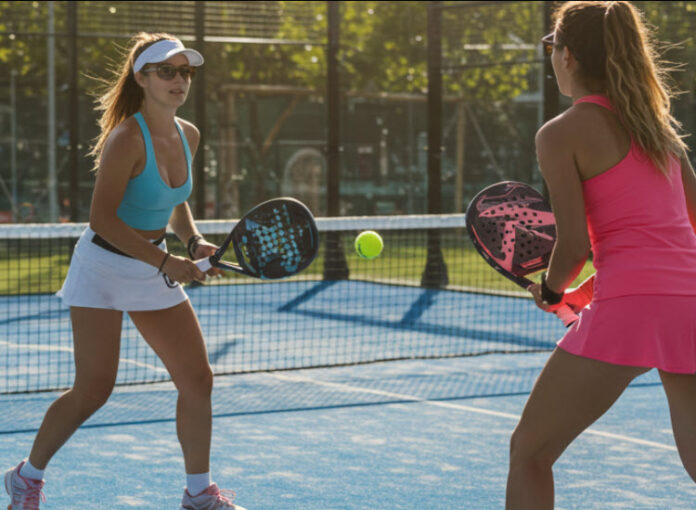Ramón Morcillo, the interim president of the management committee of the Spanish Padel Federation, has been a vocal advocate for the growth and inclusivity of padel. In a recent interview, Morcillo highlighted that “the great success of padel is the inclusion of women”. This statement underscores the significant strides the sport has made in becoming more accessible and appealing to a broader audience.
Padel, a racket sport that combines elements of tennis and squash, has seen a remarkable surge in popularity over the past few years. Originating in Spain, the sport has now spread to various countries, attracting a diverse group of players. According to Morcillo, approximately 5 million people play padel in Spain, with around 110,000 officially registered players last year. This year, the federation anticipates reaching 95,000 registered players, surpassing last year’s numbers.
One of the most notable aspects of padel’s success has been its ability to attract female players. Morcillo emphasized that the sport’s inclusive nature and fun factor have been key to its widespread appeal. Unlike tennis, where beginners often struggle with retrieving balls, padel offers immediate enjoyment, making it accessible to players of all ages and skill levels. This has been particularly beneficial in encouraging more women to take up the sport.
Spain boasts around 15,000 padel courts, with the quality of facilities continually improving. Modern materials and construction techniques have replaced the traditional cement courts with walls, placing Spain at the forefront of padel infrastructure. Morcillo also highlighted the importance of both private and municipal facilities in fostering the sport’s growth.
Looking ahead, Morcillo aims to further increase the number of registered players and create more attractive competitions, including championships for players aged 50 to 55 years. He believes that padel is a sport that can be enjoyed well into one’s later years, and he is committed to ensuring that it remains accessible and enjoyable for everyone.
In conclusion, Ramón Morcillo’s vision for padel is one of inclusivity and growth, with a particular focus on welcoming more women into the sport. His efforts and the federation’s initiatives are paving the way for a bright future for padel, making it a beloved sport for players of all backgrounds and ages.

































